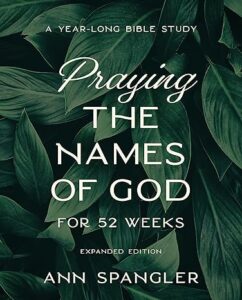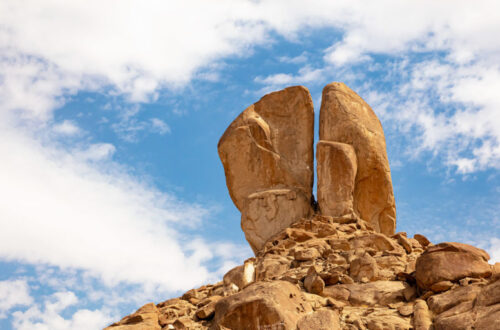
Christ, Messiah
Contrary to popular belief, Christ isn’t Jesus’s last name. Christ, christos, is the Greek translation of the Hebrew word Messiah. So what does messiah mean?
Strong’s H4886, masah, means anoint. Closely related to it, Strong’s H4899, masiah, is the anointed one.
Well, that’s clear as mud. Buckle up.
What does “anointed” mean? To anoint is to consecrate, to set apart for a specific purpose, usually with oil. It has a spiritual significance.
Who or what was anointed? The first mention of anointed is found in Genesis where Jacob anointed a memorial stone. The tabernacle and the altar were anointed, set apart for sacred service. But most often, anointed refers to people. Aaron and his sons were anointed to serve as priests. Saul, David, and Solomon were anointed as kings. Even Cyrus, King of Persia was anointed for God’s service in Isaiah 45:1.
Where do we see the Messiah, the Anointed One?
We first find reference to Messiah, the Prince, in Daniel 9.
So you are to know and understand that from the issuing of a decree to restore and rebuild Jerusalem, until Messiah the Prince, there will be seven weeks and sixty-two weeks; it will be built again, with streets and moat, even in times of distress. Then after the sixty-two weeks, the Messiah will be cut off and have nothing, and the people of the prince who is to come will destroy the city and the sanctuary. And its end will come with a flood; even to the end there will be war; desolations are determined. – Daniel 9:25-26
The priests and kings were anointed. What’s so special about Messiah, the Anointed One?
I once heard a speaker say, “What makes Jesus the Anointed One? Because there’s no Anointed Two.”
Priests and kings had been anointed for service before. They give us a template for The Anointed One.
Which brings me to the point of today’s blog post. The Old Testament is full of clues, telling God’s people what to be looking for in their Messiah.
Of all people, the religious leaders of the day should have recognized Jesus and embraced him, right?
What were they expecting?
The Messiah would fix what Adam broke. – Genesis 3:15
The Messiah had the right to rule. – Genesis 49:10
The Messiah would be of the line of David. – 2 Samuel 7:12-16, Jeremiah 23:5-6
The Messiah would be God’s Son. – Psalm 2:7
JewsforJesus.org has an e-booklet of 40 Messianic prophecies for download. What else do they reference? The Messiah would be lifted up, born of a virgin, born to die. He’d be a suffering servant, be rejected, and many more. It couldn’t have been more clear if Jesus had a neon sign on his back that read, “I’m the Messiah.”
When were they expecting him?
Daniel 9’s prophecy of the 69 weeks gives a specific date. The religious leaders knew the time had come for the Messiah. 483 years after Cyrus’s decree to rebuild Jerusalem, Messiah would be cut off.
What went wrong? How did they miss the signs?
The religious leaders expected a conquering king who would defer to their expertise. They couldn’t reconcile that with the suffering servant, so they decided that had to be somebody else. When Jesus trounced on their expectation and didn’t restore the kingdom right then, they rejected him. But they won’t forever.
They were looking for a man. (Which Jesus was and is.) They weren’t looking for God in the flesh. (Which he also is.) They were looking for a savior from the Romans, not a Savior from their sins. And they certainly weren’t looking for someone who would turn their system on its head.
They were looking for two Messiahs, not two comings.
Jesus came the first time as the suffering servant. He’ll come back as the conquering king. Maranatha!
 This year-long study is inspired by Ann Spangler’s study, Praying the Names of God for 52 Weeks.
This year-long study is inspired by Ann Spangler’s study, Praying the Names of God for 52 Weeks.





6 Comments
Jane Weeden
Yes!! Thank you for laying out the who, what and when. I need it on repeat.
Carolyn E. Jacobs
Thank you!
Faye Yentz
Great post! A great reminder of what ‘Christ’ means and a great explaination of how the Jews missed His first coming. I’ve often wondered how they didn’t recognize Him when Daniel spelled it out so clearly for them.
Carolyn E. Jacobs
Thank you! I agree, so sad that they missed what was right in front of them.
Maribeth D Snapp
Excellent explanation!
Carolyn E. Jacobs
Thank you!